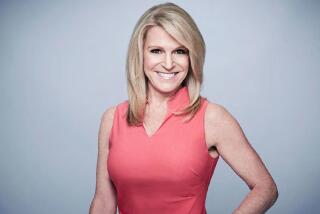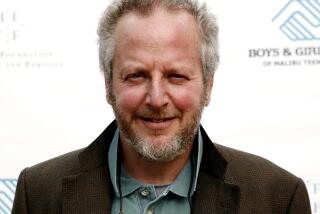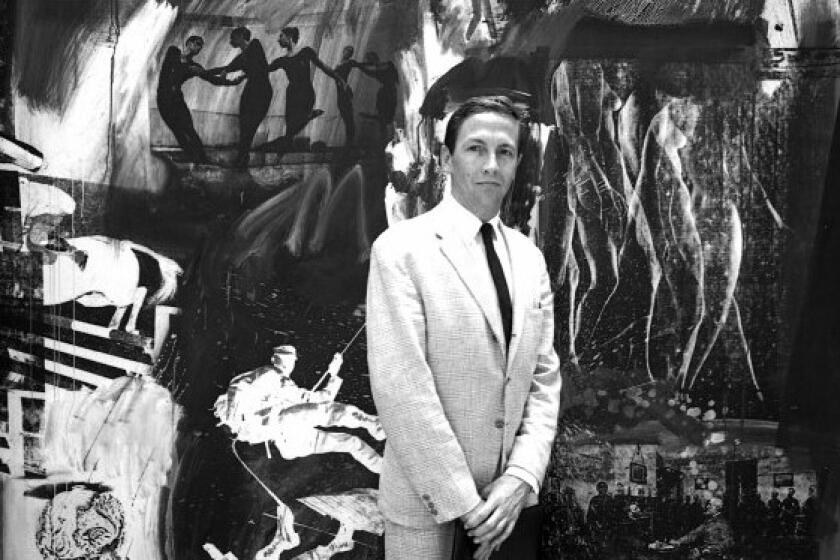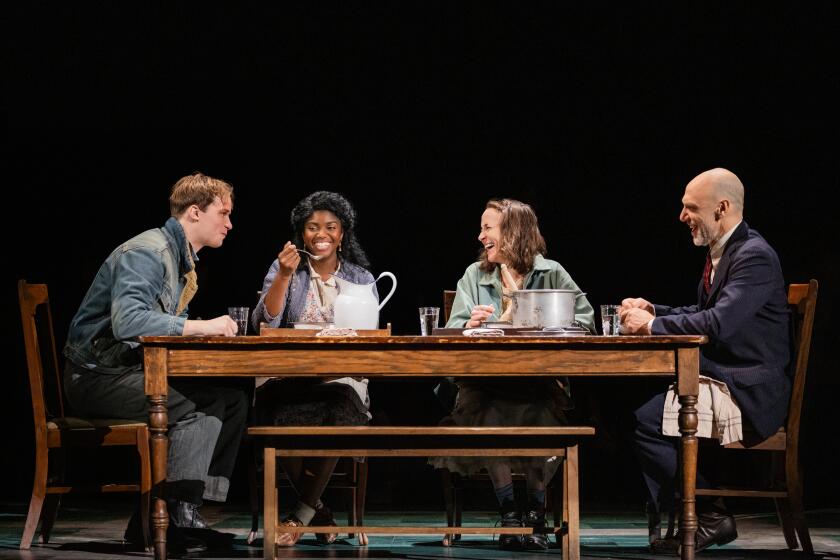At opera company, it’s time to adapt
Faced with a $7.7-million deficit, the San Francisco Opera is cutting one production from its 2003-04 season and substituting a less costly mounting of Mozart’s “The Magic Flute” for the larger, more expensive Rimsky-Korsakov piece it had announced.
The move is expected to save $2 million, Vanessa Bartsch, an opera spokeswoman, said Friday. The dropped works, Weber’s “Der Freischutz” and Rimsky-Korsakov’s “Le Coq d’Or” (The Golden Cockerel), would have driven up costs because they required expanded choruses and sets shipped in from elsewhere. The current season of 12 operas remains intact, Bartsch said -- one of them being a short, five-performance run of “Madame Butterfly” in January aimed at bringing in new audiences. With the just-announced cuts, the company will stage only nine operas next season.
The San Francisco Opera, second nationally to New York’s Metropolitan Opera in annual spending, has been hailed for adventurous plans and impressive recent achievements, including launching Jake Heggie’s “Dead Man Walking” two years ago, and well-reviewed new premieres this fall of Olivier Messiaen’s “Saint Francois d’Assise” and the currently running “Kat’a Kabanova,” by Leos Janacek.
Since her arrival in 2001 after nine years as a top administrator of Germany’s Stuttgart Opera, general director Pamela Rosenberg’s agenda has included introducing new operas, expanding rehearsal time and launching “Animating Opera,” an initiative to enrich audiences’ enjoyment and understanding by devoting parts of each season to thematically linked works. Both “Der Freischutz” and “Le Coq d’Or” were to have been components of “Animating Opera.”
The $7.7-million deficit accumulated during the 2001-02 fiscal year that ended July 31. Opera officials say attendance took a post-Sept. 11 dip last season, dropping from 86% to 79% of capacity in the 3,200-seat War Memorial Opera House. So far, Bartsch said, this year’s attendance is down an additional 4% from a year ago.
“Obviously, the downturn in the economy in Silicon Valley is not helping us, and the stock market being in the tank,” Bartsch said. “It’s facing all arts organizations, and we’re trying to adapt to the situation and take responsible steps.”
Between post-Sept 11 drops in tourism and the deflation of the dot-com economy, “San Francisco gets a double-whammy,” said Mark A. Scorca, president of Opera America, a national service organization. “The environment in which they operate really took a hit on both fronts.”
More to Read
The biggest entertainment stories
Get our big stories about Hollywood, film, television, music, arts, culture and more right in your inbox as soon as they publish.
You may occasionally receive promotional content from the Los Angeles Times.







